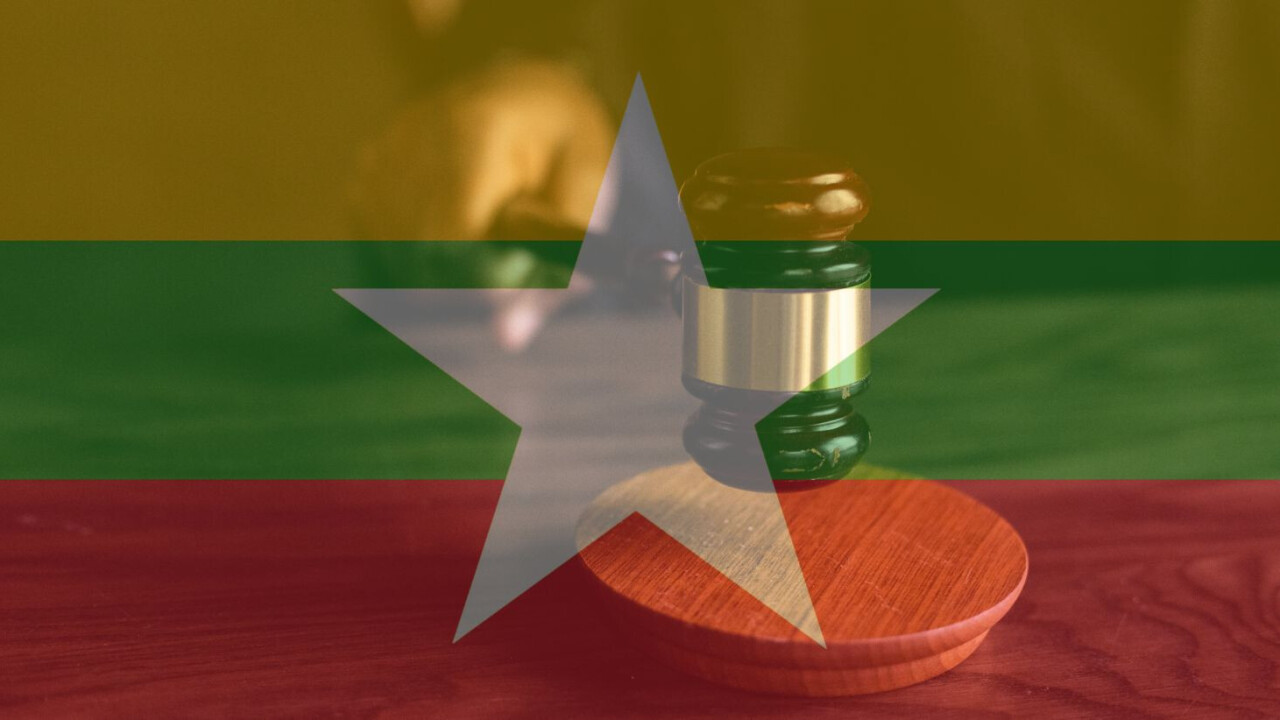
Rohingya refugees are taking Meta to Ireland’s High Court for the tech giant’s alleged role in the 2017 Myanmar genocide, one of the worst war crimes of this century.
Friday (25 August) marked six years since the start of the ethnic cleansing, which saw more than 25,000 people of Muslim Rohingya descent killed by Myanmar’s military, with a further 700,000 displaced. Most fled to nearby Bangladesh, where many still live, often in refugee camps like Kutupalong, the world’s largest.
In 2018, UN human rights investigators said the use of Meta’s social media platform Facebook had played a key role in spreading hate speech that fuelled the violence.
“Facebook’s algorithms and Meta’s ruthless pursuit of profit created an echo chamber that helped foment hatred of the Rohingya people and contributed to the conditions which forced the ethnic group to flee Myanmar en masse,” read a statement by Amnesty International.
In 2018, Facebook admitted it had been “too slow” in addressing hate speech in Myanmar and was acting to remedy the problem by hiring more Burmese speakers and investing in technology to identify problematic content. To date, the company has not paid any compensation.
“I blame Facebook, its parent company Meta, and the man behind it all, Mark Zuckerberg, for helping create the conditions that allowed the Myanmar military to unleash hell upon us,” wrote Maung Sawyeddollah, a Rohingya refugee who lives at the Kutupalong refugee camp in Bangladesh, in an op-ed for Al Jazeera last week. “The social media company allowed anti-Rohingya sentiments to fester on its pages. Its algorithms promoted disinformation that eventually translated into real-life violence.”
The cases, filed last week, were brought by two Dublin-based law firms that represent 17 Rohingya refugees. Ireland, the cases will likely argue, is the most appropriate country to bring the litigation since Meta is headquartered there and the content moderation was done in Dublin.
This is not the first time that the Rohingya have instigated legal proceedings against Meta. In 2021, a $150bn lawsuit was filed in California but later dismissed for a number of reasons, including a provision in the US’ Communications Decency Act that gives immunity to platforms like Facebook which publish third-party content. It remains to be seen whether the Irish courts will come to a similar judgement.
Either way, the case raises a number of serious concerns about the spread of disinformation on social media platforms.
Ironically, the sixth anniversary of the Rohingya genocide fell on the same day that the EU’s Digital Services Act came into effect. The law is designed to empower and protect users online against harmful or illegal content, disinformation, and the violation of privacy and free speech.
Let’s hope Big Tech falls in line with these new regulations and the EU enforce them properly, so that we have a better chance of prevent tragedies like the Myanmar genocide.
Get the TNW newsletter
Get the most important tech news in your inbox each week.




